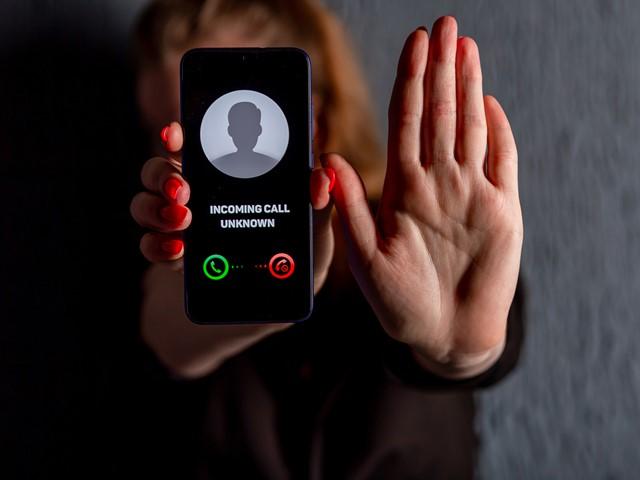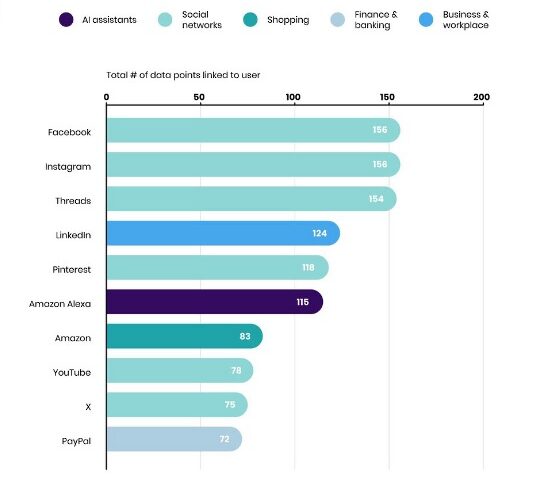-
Sextortion or obscene video-calling scam has become a new malady for money-minting in Kashmir.
-
Nude video call trick to extort money; fraudsters blackmail WhatsApp users in India
By Bhat Yasir
Aijaz Baba was sitting with his family one fall day this year when an unknown number rang his cellphone. It was a WhatsApp video call he often receives from his friends and acquaintances. He unwittingly received it and saw darkness with occasional blinking of light in the background. It seemed as if someone was calling him from a dark room. He thought it was an aberration and cut the call after nine seconds.
But five minutes later, a video message popped up on his phone screen. It came from the same number. “When I opened it, I saw myself in that recorded call,” Aijaz recounts. “Some obscene and nude shots were added to that morphed video.” Even before he could make sense of the startling sleaze, the blackmailing started with a following audio call from the same number.
“The caller asked me to pay Rs. 1 lakh or the video would be made viral,” Aijaz, a government teacher, recalls. Without getting unnerved about it, he threatened to file a case against the blackmailer at the cyber police station. “But the extortionist sounded thick-skinned,” Aijaz says. “He told me, ‘do whatever you can’. He seemed quite assured about his security.”
The conman then forwarded some screenshots of Aijaz’s number. Those screen-grabs made him believe that the morphed video had been shared with his Facebook friends. Alarmed by this, the teacher contacted his friends and breathed easy when they feigned ignorance about it.
By then, it became certain that the man behind the screening scandal had also edited those screenshots—just like he did the video. Even though he put up a brave face, the whole incident pushed the family man into a state of depression. “I don’t think any of us deserve this horrible situation,” he says. “I got depressed and upset. My ears turned red and my blood pressure increased rapidly.”
But what Aijaz freshly faced has already become a “cyber-curse” for many in the valley. People get these obscene video calls from some unknown numbers. Minutes after these dark calls, they receive the morphed videos. And with that, the blackmailing begins. This mounting menace has unsettled the life of many in the valley.
The cyber wing of Jammu and Kashmir police in response to growing concerns related to morphed obscene videos has issued an advisory and directed people not to engage in video calls with unknown users and not to get swayed by giving away demanded money. “Accepting random friend requests, video call on Facebook or WhatsApp from strangers can land you in trouble,” cybercops caution in the advisory. “Blackmailers have devised a modus operandi to befriend people online and later get their photos and videos through a video call and morph these on pornographic photos and videos.”
Those who understand the modus operandi of these sextortionists suggest that one should keep the camera off and act cautiously in case of receiving a video call from known Facebook friends. “The account may be cloned by fraudsters,” they warn. “But if people mistakenly become the target of these fraudsters, they should immediately file a case at the cyber police station, without taking too much stress.”
But while some fall for this scam in a bid to conceal the online shaming, others decided to take it head-on — as Aijaz did. Shortly after the sextortion started, the teacher discussed the matter with his father and immediately rushed to the concerned police station. He recalls the officer-in-charge very cordial who among other things assured him that there’s nothing to worry about.
Aijaz also registered a complaint on the online portal of cyber police and received a call from the cops currently investigating the matter. But while he took prompt action against it, Aijaz fears that this online scam may be a cause of suicides, especially, among the youngsters.
“Who knows some of them [young people who committed suicide] might’ve ended their lives due to shame and anxiety caused by these calls,” Aijaz says. “Only the wearer knows where the shoe pinches. And as someone who wears one such shoe, I can tell you how hard it pinches. And the very pain it causes somehow convinces me that these calls might’ve forced some people to take the extreme step.”
Meanwhile, Ever since the COVID pandemic hit the world, nothing is the same. Everything from our lifestyles to daily routines and habits has undergone significant changes. Owing to this change, criminals have also evolved their methods of tricking innocent people and naturally, there’s a sharp uptick in the number of cybercrimes. The fraudsters are using new methods to lure victims and one that’s been causing chaos in India right now is extortion from WhatsApp users using nude video call tricks.
As India is reeling under the weight of the deadly second wave of COVID-19, some fraudsters are using these tense times to extort money from people. WhatsApp is widely used by users in India to communicate, through messages and video calls, but one video call might be enough to spoil your day and put you in a state of distress.
Sextortion cases on rising in India
Several instances of sextortion via WhatsApp video calls have come to light in India. Users are getting random video calls, accepting which is only the start of the troubles. Here’s how things go.
A WhatsApp user will receive a video call from an unknown number. When the recipient accepts the call, a video of a nude girl is played on the screen and abruptly disconnected after a while. By this time, the fraudsters would have recorded the video call by using the screen recording feature, which would give the impression that the recipient of the call was involved in phone sex.
The fraudsters use this video recording file to extort money from the victims. They threaten to share the video with friends and family and even upload it on various social media platforms to make it go viral. By using those threats and blackmail, they extort money.
The fraudsters go as far as to share their UPI IDs or bank details, where they demand the money to be sent. Anshul Saxena, a cybersecurity analyst, shared screenshots of chats proving the extortion fraud.
“Such horrible attacks are rampant these days and WhatsApp is an easy platform for such scamsters. Innocent people are framed, their careers & family relations are threatened to be destroyed and their hard-earned money is looted,” Saxena writes.
How to avoid getting scammed?
First and foremost, WhatsApp users should avoid accepting video calls from unknown numbers. But if your profession requires you to accept video calls from unknown numbers, you should avoid showing your face or covering the front camera. This way, the scammers wouldn’t have anything to extort you against. This, however, applies to all and any platforms that support video calling.






